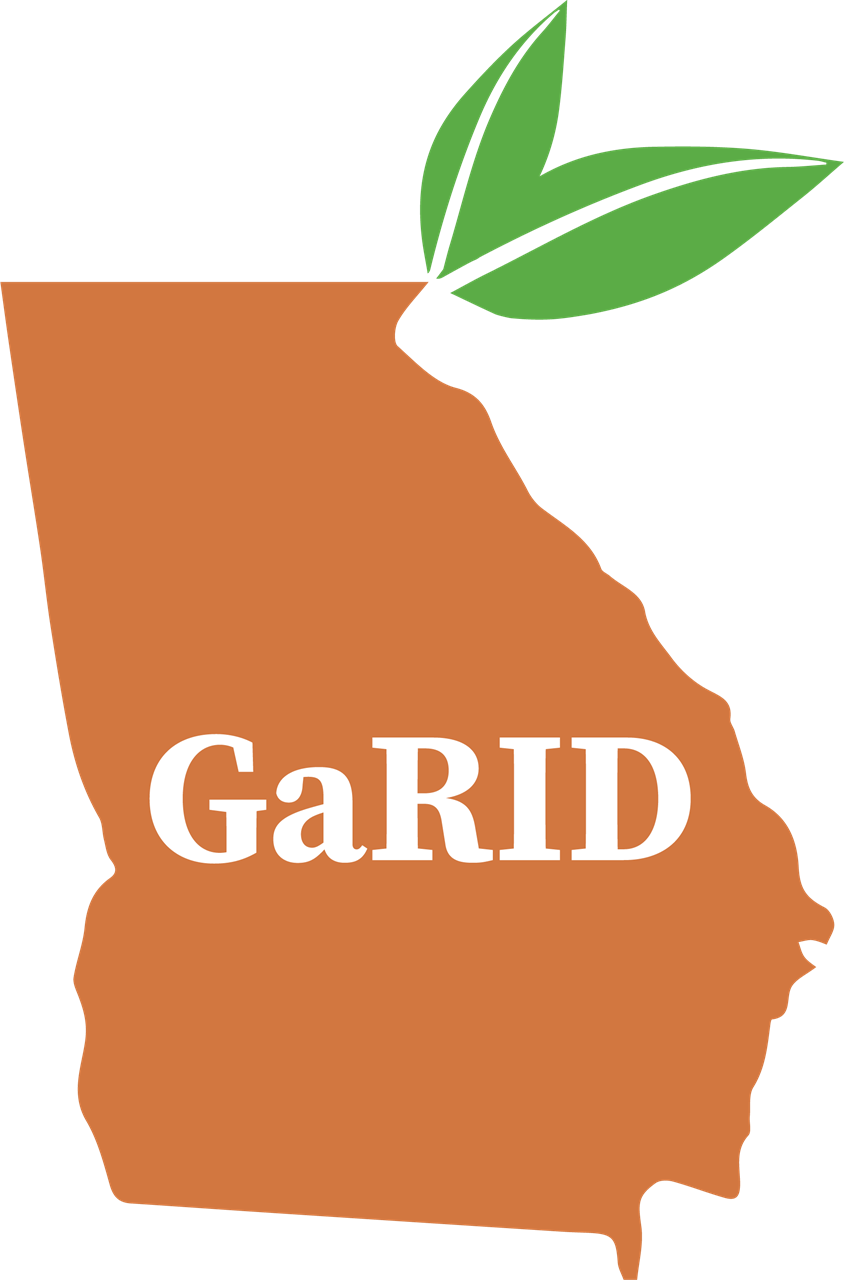|
- Home
- Examples of professional studies

Examples of Professional Studies topics include, but are not limited to:
- Advanced studies of language, culture, and human behavior: Languaculture; intracultural and intercultural dynamics; and linguistic systems. Examples include, but are in no way limited to:
- Studies of Language and Linguistics
- Structure of ASL
- Phonology, morphology, syntax, semantics, pragmatics
- Language variation and language change
- Sociolinguistic
- Language and power
- Language and cognition
- Language Studies
- Advanced English development (specialized vocabulary, grammar development, analysis of linguistic register, etc.)
- Advanced ASL development (specialized vocabulary, grammar development, analysis of linguistic register, etc.)
- Other advanced languages studies: e.g., Spanish, Japanese, Langue des Signes Francaise (LSF), Deutsche Gebärdensprache (DGS)
- Languaculture and Cultural Studies (Note: languaculture refers to language mechanics and the use of language, including cultural components that inform the use of language, such as history and traditions. Term attributed to anthropologist Michael Agar.)
- Intracultural dynamics
- Communication studies (e.g., interpersonal communication)
- Studies of group dynamics
- Language as power
- Cultural Studies
- Deaf culture
- American culture
- Religious Studies
- Intercultural dynamics
- Studies of power, privilege and bias
- Studies of social justice
- Cross-cultural studies
- Minority group dynamics
- Language domination, suppression and elevation
Theoretical and Experiential Studies: The process of interpreting/transliterating through the direct application of systems of principles, philosophy, ideas or concepts. Examples include:
- History and issues in interpretation and transliteration
- Theory of interpretation and transliteration
- Skills development in interpretation and/or transliteration
- Skills development in consecutive and simultaneous interpretation
- Professional ethics, etc. 3.
Specialization Studies: Huge growth of the interpreting field has led many interpreters to specialize or focus in one or two settings of specialty. Commonly these are areas such as medical or mental healthcare, legal work or work in education at the K-12 level or in post-secondary settings. This requires interpreters to build competence and knowledge in areas of expanded technical vocabulary or systems knowledge that is not common or generally necessary for the generalist interpreter. Building skills in more narrowly focused areas within the broader field of interpreting or transliterating. Documentation must be present detailing the way in which the activity relates to the development of interpreting skills in that particular field or setting. Examples include aspects of:
- Educational settings (e.g., philosophies of Deaf education, graduate research strategies )
- Rehabilitation settings
- Legal settings (e.g., courtroom protocol, mediation law)
- Medical or mental health settings (e.g. medical terminology, anatomy & physiology in ASL and English)
- Substance abuse recovery programs
- Technical areas
- Ethics as applied in specialized settings, etc.
